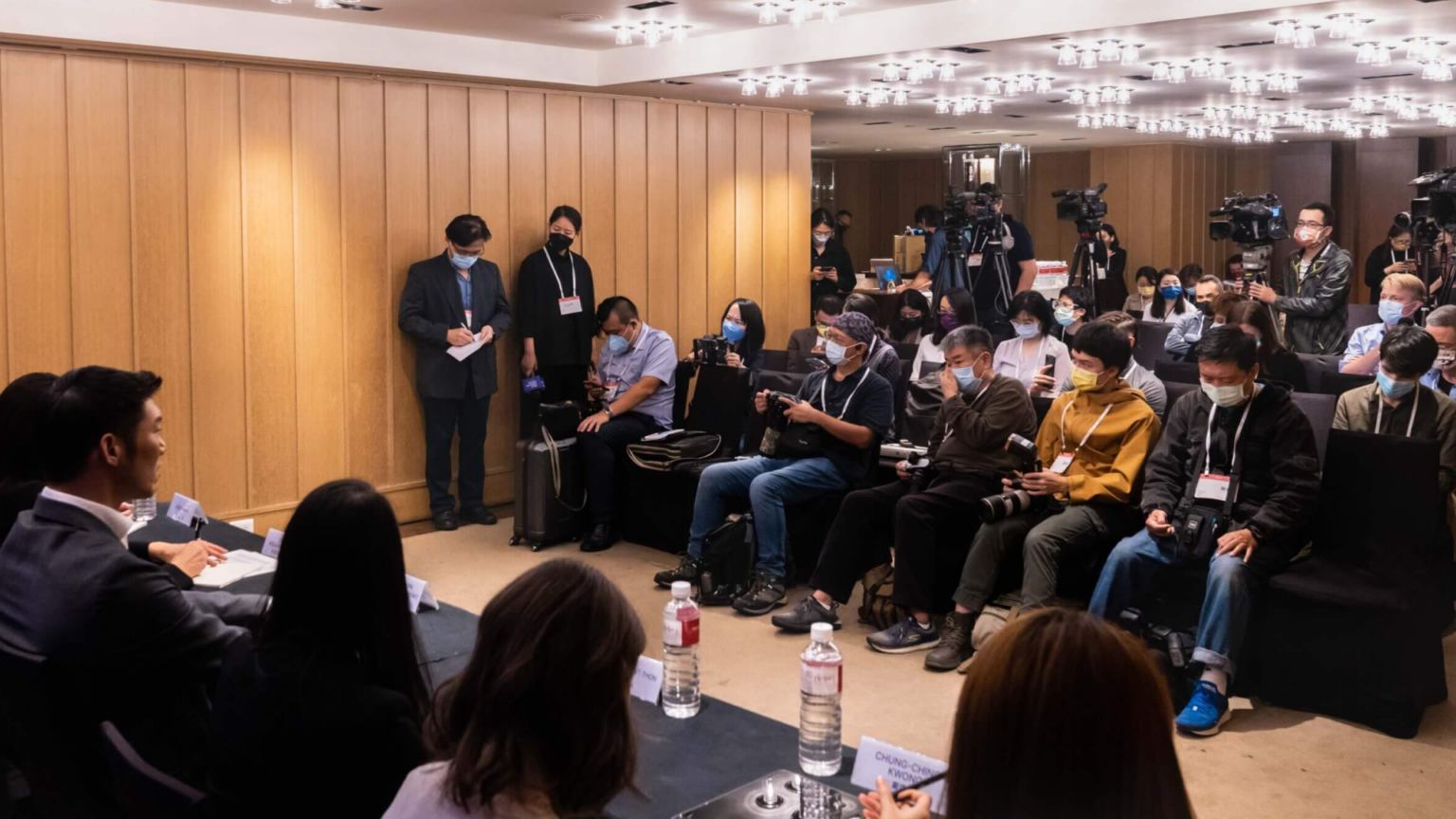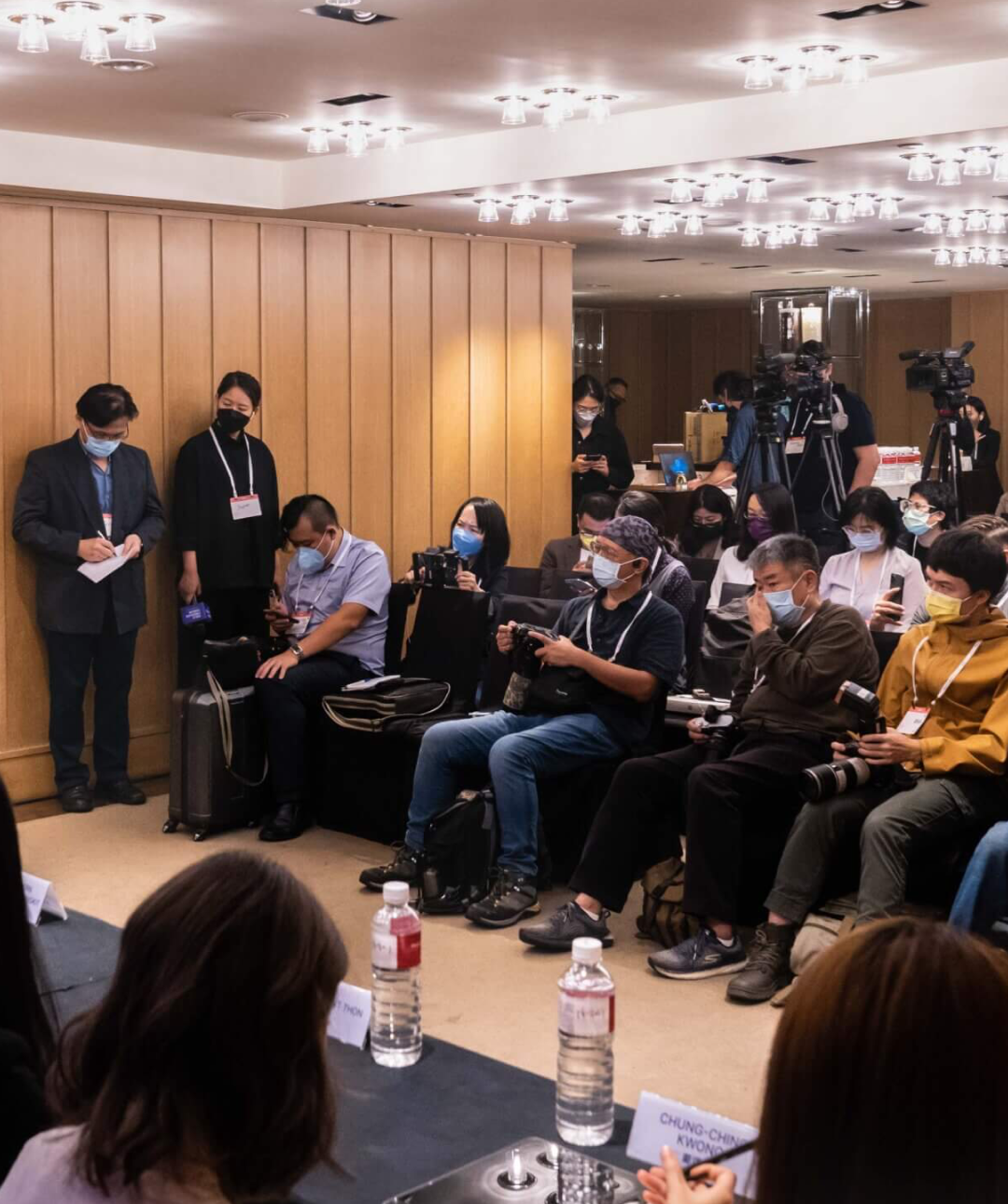

To write freely and openly is a luxury. Around the world, in authoritarian regimes, the luxury of writing — to report on what you see, hear, and think — is virtually nonexistent. The thirst for truth and knowledge, and to write on it, is there. But dictatorships won’t allow such a luxury.
Journalists act as the eyes and ears of the people. When their work is heavily censored or manipulated, people remain uninformed or, worse, disinformed. The freedom of the press is a clear and crucial indicator of democracy and fundamental human rights. Yet, like democracy and human rights, press freedom is deteriorating worldwide.
Censorship is a common tactic in the authoritarians’ toolkit. Dictatorial regimes will go to great lengths to control the public narrative — they will intimidate, harass, or even kill journalists to ensure certain information is shared and some is not.
Few authoritarian regimes know censorship strategies better than the People’s Republic of China. Reporters Without Borders (RSF), in their 2022 Press Freedom Index, ranked China 175 of 180 countries. The restrictive media environment is nearly as bad as it could be. The country’s fierce propaganda apparatus — led by the Propaganda Department of the Chinese Communist Party (CCP) — maintains control of all major Chinese outlets and heavily censors and intimidates the international media’s China bureaus.
Under the CCP’s “Provisions on the Governance of the Online Information Content Ecosystem,” any and all content that “disrupts economic or social order,” “undermines ethnic unity,” or “threatens national security” is deemed illegal. Put simply, the CCP does away with harmful “rumors.” Among other tools and strategies, the regime has used an ever-growing firewall, imprisoned journalists, and set restrictive press accreditation requirements to ensure rumors stay at bay.
Despite the CCP’s desperate efforts, citizens of China are hungry for knowledge — they long for the luxury of true, unfiltered information. The rumblings of revolution are churning. In the last few weeks, cities across China have erupted in protest over shared discontent with the regime’s COVID-19 policies. Unsurprisingly, security forces have detained and beaten the journalists covering these protests but not entirely silenced them. With the demonstrations making headlines left and right, China’s firewall suddenly doesn’t seem so tall.
In recent years, the repression faced in China and the allure of press freedom have led many journalists to seek refuge in the nearby independent island country of Taiwan. Taiwan, which went through a hard-fought transition from authoritarianism to democracy in the late 20th century, has come to represent a beacon of freedom and human rights. Either through expulsion or personal choice, international journalists formerly based in Beijing or Hong Kong, who could no longer report as they wished, have found Taiwan to be a safe haven. The presence of international media is growing, as seen in the growth of community groups such as the Taiwan Foreign Correspondent Club.
Last month, the Human Rights Foundation (HRF) returned to Taiwan’s capital, Taipei, to host the third Oslo Freedom Forum in Taiwan. Journalists, local and international, showed up en masse to celebrate and support democracy, human rights, freedom, and the activists who risk their lives to protect those things.
Democracy is, without a doubt, the best “antidote” for China’s malicious efforts to influence global media. To champion democracy is to champion press freedom. We at HRF encourage you to advocate for the global right to write. Support the Oslo Freedom Forum in Taiwan and press organizations like the Committee to Protect Journalists (CPJ) and Reporters Without Borders (RSF); share the CPJ’s digital safety kit and RSF’s safety tips with journalists at risk or threatened by authoritarian regimes; call for the release of imprisoned reporters; and share the stories of journalists like Jamal Khashoggi who have died in their efforts to expose the ugly truth of authoritarianism.
Join us in helping save lives and stand up to tyranny.

Reach out with any questions or support needs.
Become part of our mission-driven team.
Find answers to commonly asked questions in our FAQs.
Hit enter to search or ESC to close